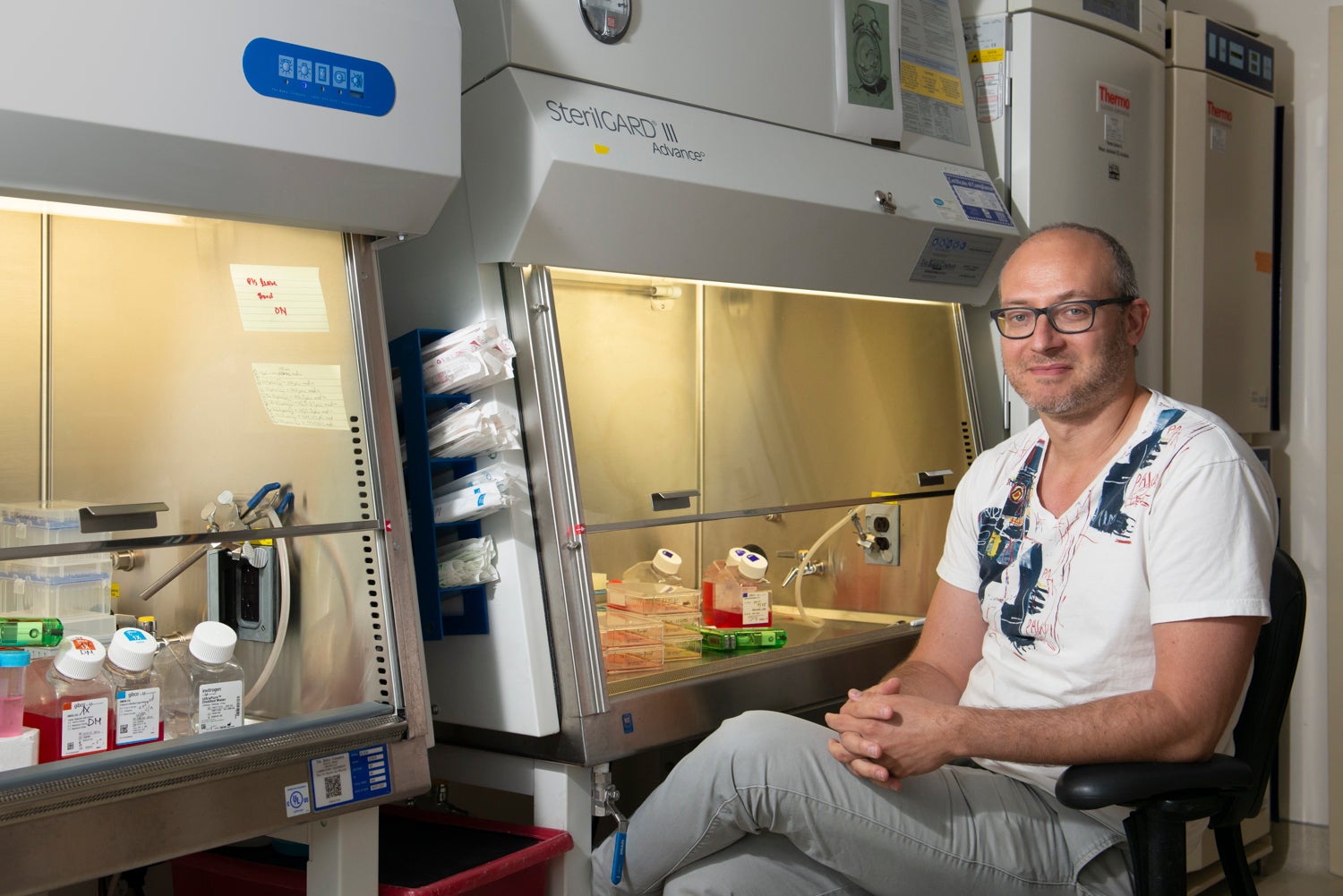Faculty, Kirby Center, Boston Children's Hospital

The rotation of the Earth subjects terrestrial organisms to daily light/dark cycles. To keep in sync with these geophysical oscillations, we have evolved a biological timing system that segregates our behavior, physiology, and metabolism with circadian – or nearly 24 hour – rhythmicity. The circadian timekeeping system is a prediction mechanism that synchronizes the internal states of the organismal with the external environment. While the central clock resides in the brain, all our cells have circadian clocks. Disruption of circadian rhythms is extraordinarily common in modern society and has been linked with neurological disease, metabolic disease, cancer, and aging.
The Lipton lab seeks to understand the fundamental relationships between the circadian clock and diseases of the developing brain. We have identified the core circadian clock protein BMAL1 as a regulator of protein synthesis (i.e. translation) (Cell, 2015). BMAL1 promotes circadian rhythms in protein synthesis as a substrate of the mechanistic target of rapamycin (mTOR) pathway, a critical gauge of nutritive status and stress. We have characterized a novel, potentially modifiable link between the circadian timing system and cellular signaling. We have demonstrated that the circadian clock is disrupted in neurodevelopmental disorders, reflecting the central connection between them and the circadian clock.
We seek to define the mechanisms by which circadian information is reorganized or disorganized in animal models of neurological disease and in patient-derived samples. We utilize and develop animal models, behavior, cell biology, molecular biology, and biochemistry to address fundamental questions of circadian timing, translation, and neurological function with our gaze focused on how to exploit circadian timing to identify therapies for neurological diseases.
